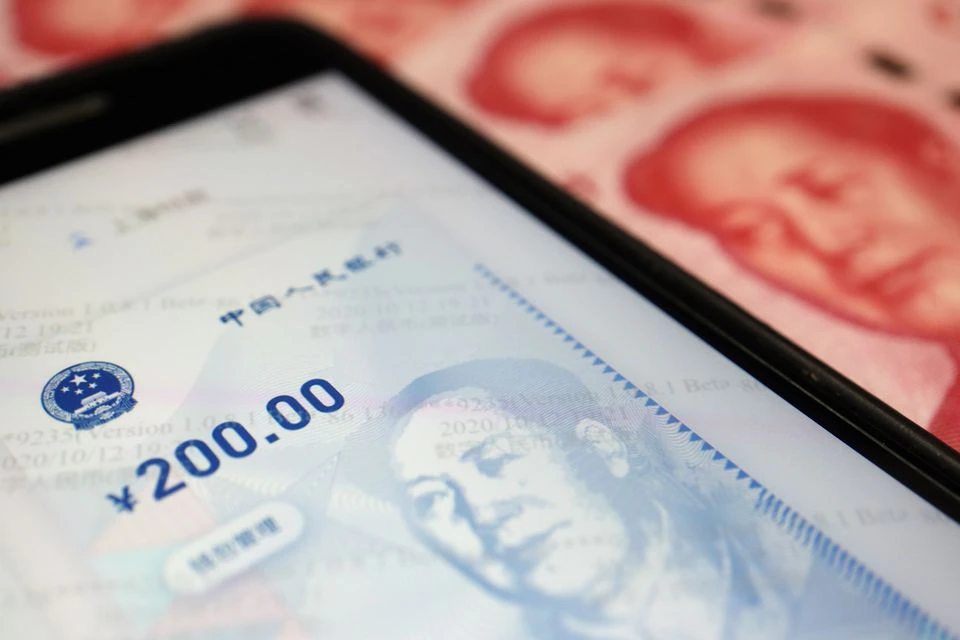
Financial messaging system SWIFT has released plans for a worldwide central bank digital currency (CBDC) network, a result of eight months of tests using different technologies and currencies.
SWIFT’s tests looked at how CBDCs could be used internationally and changed into traditional money if needed. For the last month, the trial has involved France and Germany’s central banks and international banks like HSBC, Standard Chartered and UBS.
Around 90 percent of the world’s central banks are now using, testing, or studying CBDCs. Reuters reports that they are struggling with its technological complexities.
Nick Kerigan is SWIFT’s head of innovation. He described SWIFT’s plan as a bicycle wheel in which 14 central and business banks are connected to a central point, its main hub. The tests will be followed by additional testing over the next year.
The idea is that once the plan is in place, banks may need only one main international connection rather than thousands of connections with each partner.
Kerigan said, “We believe that the number of connections needed is much fewer.” He said this would likely mean that there will be fewer breaks in the chain and that it will likely be more efficient.
However, CBDCs have also raised concerns about privacy and central control of private financial dealings.
SWIFT’s trial also tested a group of different CBDC technologies known as Distributed Ledger Technologies. But, the use of many different technologies presents a barrier to quickly putting the plan into effect around the world.
A separated trial was carried out with financial companies Citi, Clearstream and Northern Trust. It involved “tokenization.” “Tokenization” is a measure used to secure sensitive information. The test aimed to use digital “tokens” to trade property like stocks and bonds.
Some countries such as the Bahamas and Nigeria say they already have CBDCs. China has been developing a digital currency called the e-yuan. And Reuters says the Bank for International Settlements has also been running cross-border trails.
SWIFT says it is in a good position because it has an existing network used in over 200 countries and connects more than 11,500 banks and funds.
SWIFT is a member-owned cooperative group based in Belgium. It gained attention after it cut most of Russia’s banks from its network to punish Russia for invading Ukraine.
Kerigan said a new CBDC system could also bar countries from taking part in it. But he did not know whether it would stop countries from joining one.
He said most central banks want to provide CBDC for the people, the businesses, and the organizations in their areas.
He added, “So a solution that’s fast and efficient and that gains access to as many other countries as possible would seem to be an attractive one.”
Source: VOA News
